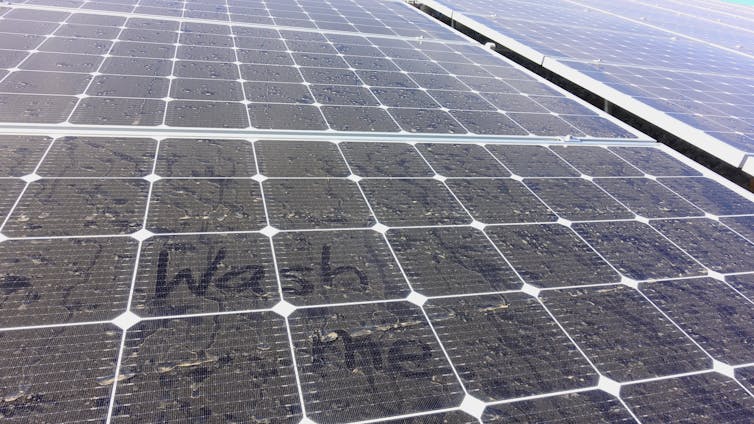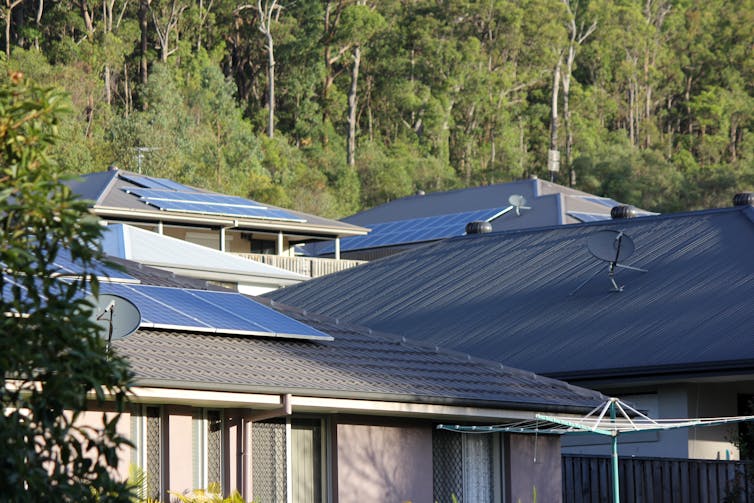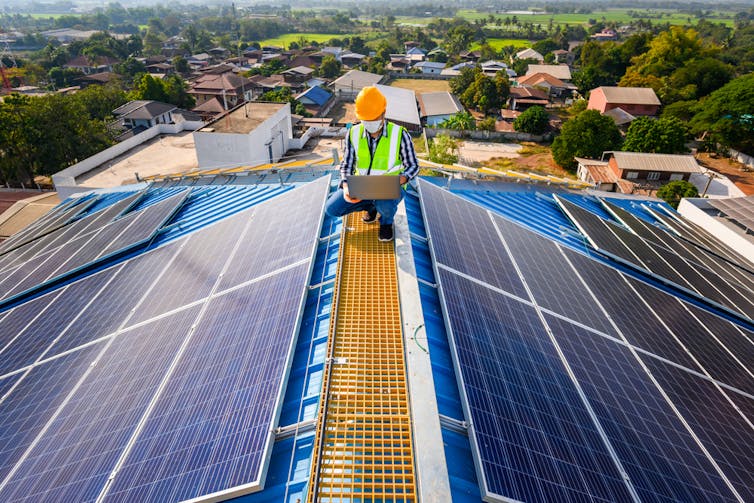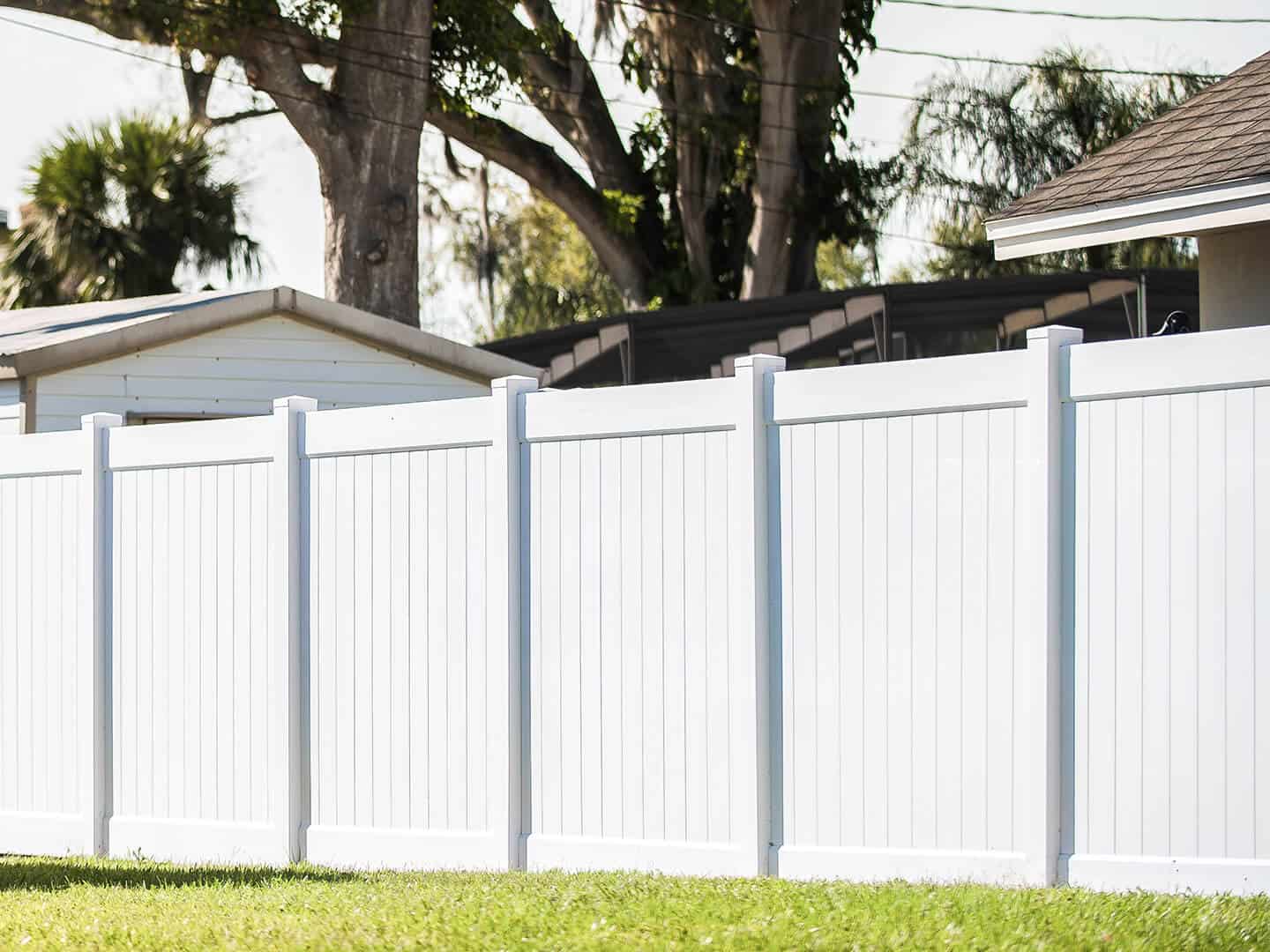Who’s looking after our home rooftop solar systems?

Rooftop photo voltaic panels and little batteries are driving Australia’s immediate shift in direction of renewable electricity. Some 30% of detached properties on Australia’s countrywide grid have these methods installed. By 2050, this proportion could get to 65%.
This indicates accountability for keeping our ability supply is shifting from competent, perfectly-compensated electricity station engineers to householders. Essentially, treatment for our energy technique is getting housework.
Our new analysis has discovered rooftop solar maintenance, as with other types of housework, has the prospective to turn out to be an equity issue. And the stress of this unrecognised do the job is set to worsen as the electrical power transition accelerates.
If our strength procedure depends on invisible treatment, we must acknowledge who the load is falling on and whether we’re building new inequalities.
Rooftop photo voltaic routine maintenance as housework
The things we do to manage our worlds – be it ourselves, other folks, the ecosystem or anything else — can collectively be believed of as treatment. Historically, the stress of care has mostly fallen on girls and marginalised communities. When society does not worth their care do the job, inequality is exacerbated.
Housework is a form of care, and it tends to be invisible, unpaid and executed only by individuals who see it demands undertaking. In lots of situations, this usually means women. What does it imply in the circumstance of household power technologies?
When a householder decides to install systems these kinds of as rooftop photo voltaic, they need to figure out what dimension and variety of method will fulfill their wants and to analysis merchandise and installers.
At the time the system is mounted, they then need to check out it is accomplishing as meant and recognise when upkeep is essential. When a thing goes wrong, they need to comply with up with the appropriate organisation to resolve it.
We can’t however declare specifically who the burden of rooftop solar and battery treatment is falling to – a lot more investigation is required on this. But our current research discovered the altering mother nature of house energy has the opportunity to reproduce present varieties of inequality throughout gender, cultural groups and generations.

What we located
We held interviews and focus groups with 55 Australian house owners from metropolitan and rural spots who acquired electricity systems, as nicely as 18 men and women from installer enterprises and neighborhood energy groups.
We uncovered they envisage a additional caring energy program – a single that prioritises creating positive everybody can pay back their bills and facilitates sharing, rather than just one that benefits folks with the most assets and know-how.
We described the diverse kinds of care driving the strength changeover, and discovered illustrations of community groups and firms heading previously mentioned and outside of to deliver support.
For instance, some installers we spoke with took time to enable homeowners realize what variety and size system very best suited them. Other people done function for totally free to aid somebody out, this sort of as a person installer who advised us:
We get shoppers correct now simply because the company that set up it will not come out and enable them. That’s in fact anything we do encourage as nicely, is that if you’re not our client, we’ll assistance you. A whole lot of that is volunteer function.
But in accordance to other investigate individuals, some installers are only intrigued in making the sale, leaving neglected paperwork, missing factors, or units that just do not perform. Often the householder is unaware their method is not functioning as intended.
A person female, a disability pensioner, had been sold an highly-priced photo voltaic and battery program that did not work. As she sought electricians to repair it, she lamented they had been:
so male-dominated that they really do not want you hunting in excess of their shoulder […] they are not keen to explain items either.
This example highlighted difficulties in setting up rapport between installers and house owners of diverse genders, ages or cultural backgrounds, a acquiring shared by other researchers.
Investigate from 2017 identified systems can be misused or ignored when optimistic assumptions are made about their consumer-friendliness. Other investigate from the United Kingdom confirmed builders of dwelling technological know-how not often involve end users in the design and style process, and are inclined to design and style for an idealised masculine buyer.
These various dynamics compound to the point the place our electricity system is developed to benefit those who have an understanding of its complexity and are in a position to just take edge.

A caring eyesight for our strength potential
We also discovered our exploration members wanted their caring visions for the future superior represented in government guidelines.
For several, installing strength technology was about undertaking the right thing for the earth, somewhat than to decreased their electricity charges or turn out to be self-sufficient in strength. But they informed us how concepts based in care are not typically taken significantly by business and government.
Federal government incentive techniques that aid individuals afford to pay for photo voltaic and batteries are important and successful. But they also give rise to opportunistic product sales techniques and pitfalls for house owners.
Incentive packages will need to area high anticipations on installers and expel operators with lousy keep track of information. More assertive regulation is required that goes outside of basic buyer protections and puts a lot less of an onus on householders to navigate their way on your own. Governments can also assistance neighborhood groups that assistance in this job.
Guidelines really should also accommodate caring, neighborhood-centered homeowners who aren’t just putting in rooftop photo voltaic to benefit them selves. It may possibly contain making it possible for absolutely free or minimal-price tag electrical power sharing at the nearby scale to enable out neighbours and stay away from spilling extra photo voltaic to the broader grid.
If we really do not recognise and act on creating a caring electrical power process, we could be left with a single that is partially constructed, unfair and rewards a race to the base.![]()
Kathryn Lucas-Healey, Investigate Fellow, Battery Storage and Grid Integration Software, Australian National University Alice Wendy Russell, Exploration fellow, Battery Storage and Grid Integration Method, Australian Nationwide University Hedda Ransan-Cooper, Investigate Fellow, School of Engineering and Personal computer Science, Australian Nationwide College, and Hugo Temby, Doctoral Researcher, Battery Storage and Grid Integration Plan, Australian Nationwide University
This write-up is republished from The Conversation below a Inventive Commons license. Study the first posting.








